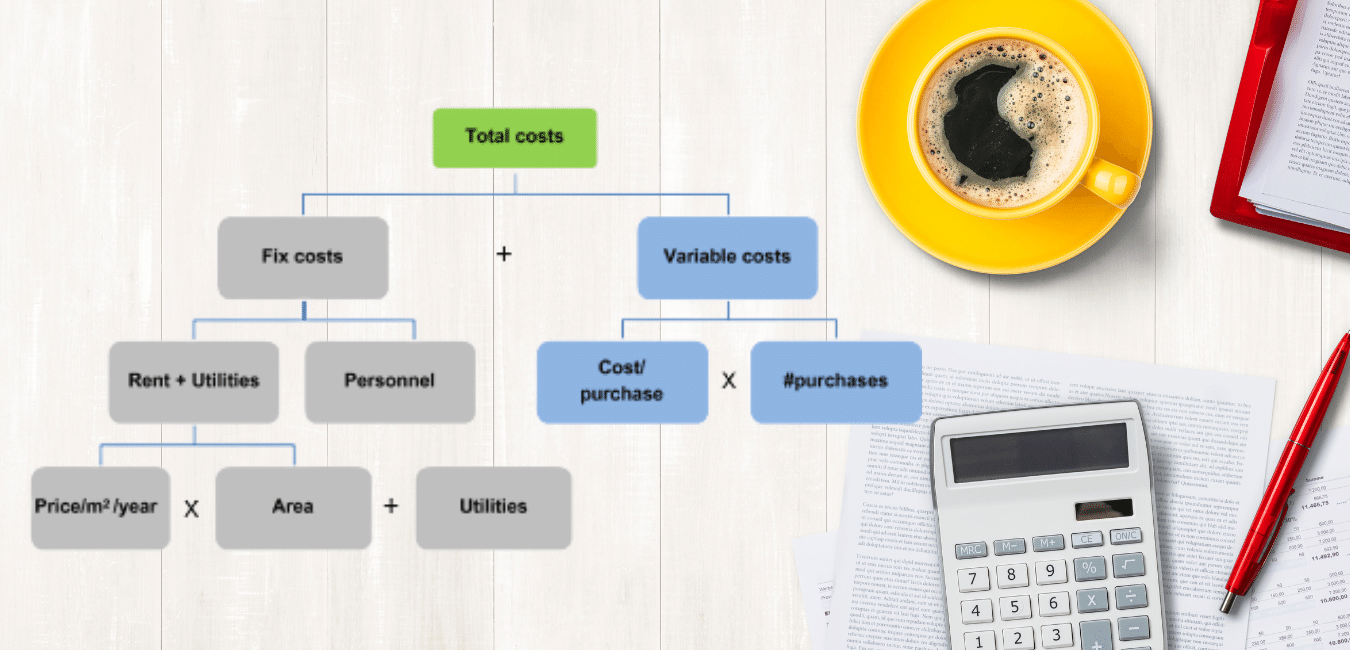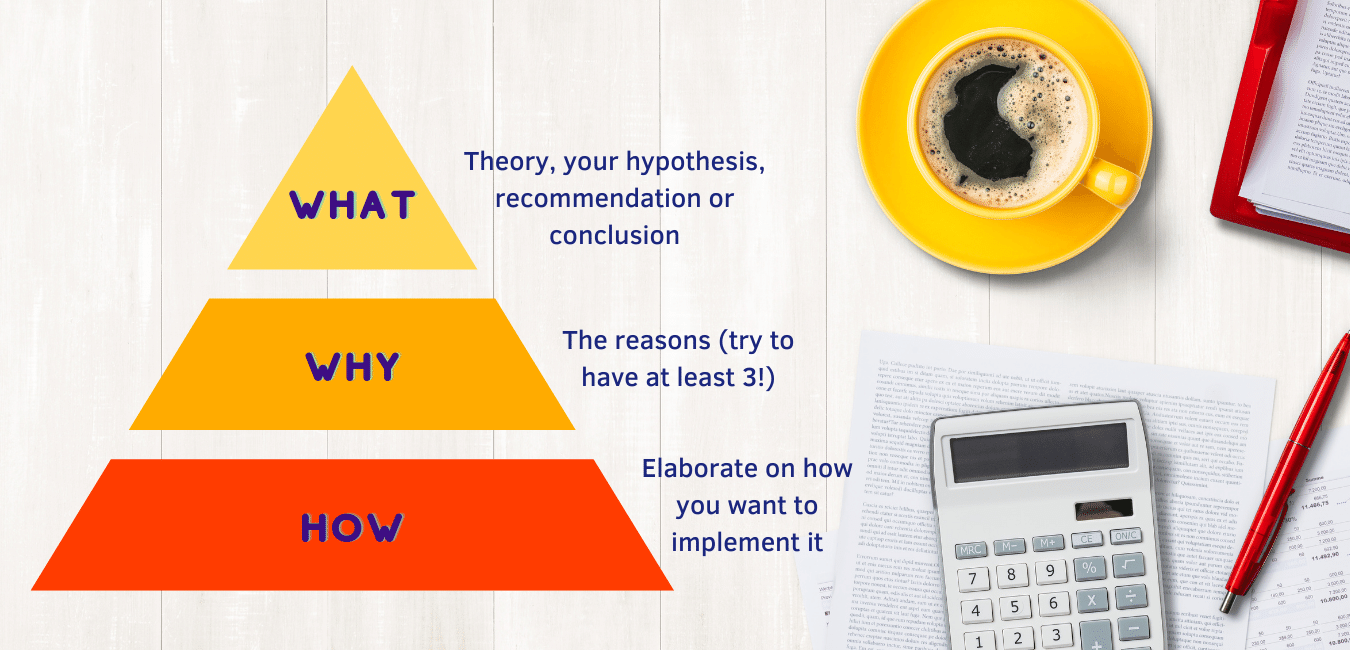Tips For Economics and Management Interviews and Essays
Five Frameworks to Help You Structure Your Responses in 2024
Applicants for Economics & Management (E&M) need to demonstrate that they can argue a case logically and consider a problem with a critical eye. This is the case both for written work i.e. essays, and at interview. The key is to break a complex Management problem down into its component parts and structure and group your points as much as possible.
U2 Tuition's E&M mentors have compiled a list of five frameworks that can help you to structure your argument when presented with a Management question on a particular company or market / industry. These frameworks should be used in conjunction with your existing knowledge so that you can ground your answers with examples and empirical evidence. Likewise, if you have been provided with additional material, you should use the words / figures in front of you to reinforce your analysis.
As you read through the following five frameworks in this blog, write out a response to each practice Management interview question provided. The more you practice these forms of question, the more it will come naturally to you!
Framework 1: Issue Trees and MECE Principles
Issue trees are a useful way of laying down a robust structure in your interview
MECE is a way of segmenting information into sub-elements that are mutually exclusive and collectively exhaustive. In other words, elements should be distinct from one another
Example: below we have used an issue tree to visualise how we can analyse costs in a MECE way for a retail business. Try applying this to practice question below
Management Interview Question 1: What initiatives could Pret undertake to reduce its cost base?
Image 1: Using an issue tree to analyse the cost base of a firm
Framework 2: The Pyramid Principle
Consider using this framework when structuring your hypothesis or answer to an essay or interview question
This framework may be particularly helpful if you have already been provided with some data or an article to read through and questions to consider, and you have to present you answer to your interviewer
It follows the “answer-first” principle and a What – Why – How structure:
Image 2: The Pyramid Principle
Management Interview Question 2: Do you think it would be a good strategic move for Barry's Bootcamp (the chain of intense HIIT fitness classes) to expand geographically outside of its core markets in North America and the UK, and set up in India?
Example structure of your response:
What: Yes, I would have thought that Barry's Bootcamp should enter the Indian market
Why:
The fitness / health and lifestyle market is growing at a rate of X% annually in India, faster than many other sectors (you may have been provided data on this)
Increasing disposable incomes of the customers aligns well with the premium pricing of the company’s products (compared to typical gym memberships). Customers also favour flexibility in booking classes rather than committing to monthly subscriptions
The concept of fitness is getting a lot of influence from the US / Western Europe--> there should be a lot of untapped opportunity in India
How:
Partnerships with existing fitness brands or gyms in India
Analysis of governmental regulations
Analysis of existing competitors
Pilot study
Note: You can also mention that the next steps would need further analysis to determine the most attractive option
Framework 3: Porter’s Five Forces
A common framework to analyse a company in terms of its specific market / industry
Particularly useful if you are answering a question about whether a company resides in an attractive / unattractive underlying market, or whether it should enter a new market (e.g. it could have been used to answer the “Why” section in the question above!)
The following image shows the elements of Porter’s five forces. In general, the stronger the five forces are, the less attractive the industry:
Image 3: Porter’s Five Forces
Practice Management Interview Question 3: Why would you consider Cineworld cinemas to be a failing business?
Tip: Think about the troubles facing the cinema industry in general and then apply it to Cineworld. You can read more on Porter's Five Forces here and what each force specifically refers to
Framework 4: The 4Cs
A good framework to structure a response about a firm's positioning, or when analysing whether a particular firm should enter a new market or introduce a new product
The 4C Framework is composed of the following elements shown in the image below:
Image 4: The 4C Framework
The first two components (customer and competition) look at the external market conditions, whilst the last two (cost and capabilities) provide internal information about the company
Customer: think about the target customer segments and their needs, customer retention and loyalty, customer acquisition
Competition: think about opportunities to differentiate from competitors vs. competing head-on, strategic moves that enable you to capture more of the industry’s potential profit, competitor reactions to strategic moves
Cost: think about cost position relative to competitors, are there opportunities for cost reduction, which products and customers really make money - which can be dropped?
Capabilities: consider strategies that best-fit with the firms / business unit’s core capabilities e.g. special skills or competencies that create differentiable customer value, organisational structure and talent, what investments in technology and people will help to build core capabilities?
Practice Management Interview Question 4: Do you think Airpods were a good innovation by Apple?
Framework 5: The 4Ps
A powerful tool to talk about the marketing mix of a company, or how a company should go about marketing its services / products
The 4P Framework is composed of the following elements shown in the image below:
Image 5: The 4P Framework
If a company has the right marketing mix, it must always align the four factors:
The right product
The product must meet the needs of customers. This category also includes packaging, as well as services and guarantees, which could come with the purchase. Also think about the distinctive characteristics of the product in comparison to the competitors' products
The right price
i.e. is it value-for money, does it cover your costs and will you make enough margin on each sale, is it inline with competitor pricing
The right place
Place refers to the PLACEment of a product in the market rather than just the point of sale. Is the whole distribution system correctly placed: transportation, storage, and choice of distribution channel to the point of sale among others. To choose the right place you need to focus on the customers’ needs, wants and behaviour.
The most effective promotion
Refers to all communication activities with the customers
Ideally any marketing activities should raise awareness within the right target group and convince them to purchase the product
Practice Management Interview Question 4: What factors should Nivea think about when introducing a new product line?
Concluding Remarks
Management interview or essay questions can be tricky at first, especially if analysing a particular company or industry that is new to you. These frameworks can provide you with a helpful starting point, and enable you to structure and brainstorm your response in a logical manner. However, remember that these are general tools, and you may need to tweak your analysis / consider additional factors based on the specific question at hand.
Having trouble answering any of the above questions or understanding any of the five frameworks? Do you want to practice further questions or explore other key forms of Management questions? Do you require tuition in particular areas? Our E&M mentors would be delighted to help. Send us your query and we will be in touch! Alternatively, check our Management Interview Guide, an essential resource if you are applying to the E&M course at Oxford (see below for further information)!
Are you interested in Oxbridge Economics & Management (E&M) tuition/ interview preparation?
We have a large number of Oxford E&M mentors / tutors on our team, or those that have transitioned to study Management at Cambridge. Mentors are able to support you through each stage of the application process, including personal statements, admissions test and interview preparation.
Find out more about our Oxbridge mentoring process here and book a complimentary consultation to discuss how we can support your Oxbridge journey.
Are you after further interview practice questions with explanations and tips for success?
Check out our materials store for our interview preparation guides. These are filled with accounts and tips from successful candidates, and up to 50-60 practice questions.






